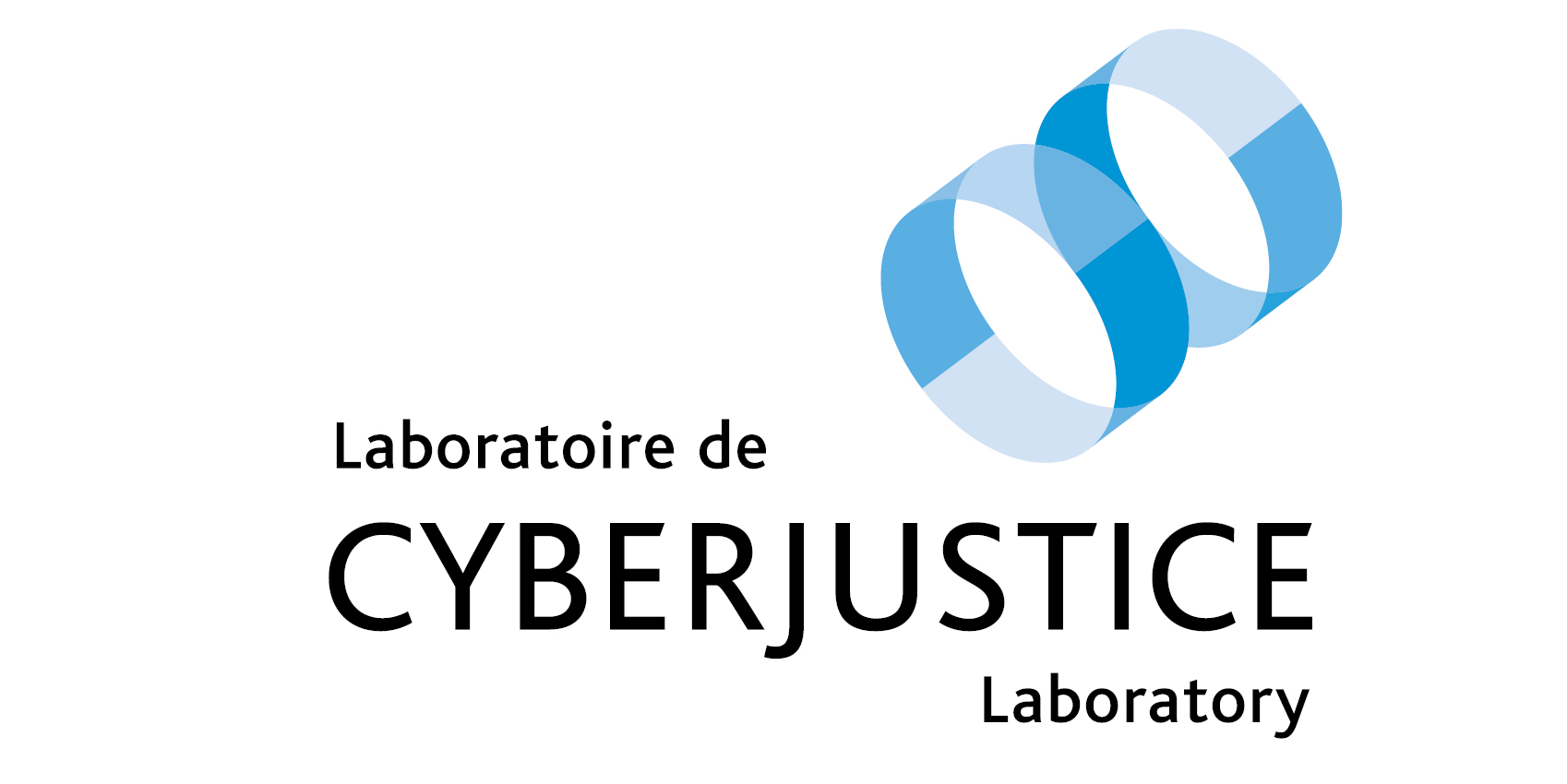Justice Rituals
Justice rituals are symbolic practices such as the requirement that one rise to address the court, the specific place where one has to sit, oath taking and the order in which arguments are presented. Owing to their symbolic nature, justice rituals may be obstacles to technological solutions because it can be difficult to reproduce them in a computerized environment. For example, in a distance situation, the obligation to rise would not have the same impact as when a person is physically present. This is why technological solutions for justice system problems have to be compatible with the many rituals of justice. The goal of the present project is twofold:
- Identify and pinpoint the foundations of rituals creating barriers to establishing technological solutions;
- Propose ways to update traditional rituals or the adoption of new rituals better adapted to the foundations, given today’s context.
This content has been updated on 05/15/2020 at 12 h 40 min.
